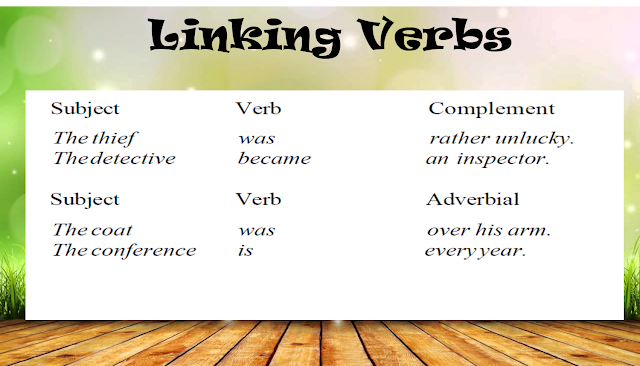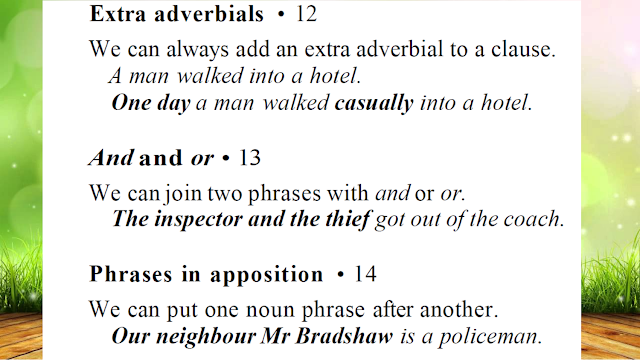How to improve your English grammar?
You need to learn every English tense. Read about different sentences. Learn about nouns, participles, plural and singular. Read more examples above in the English language.
Learn about the passive forms. You need to know the difference between active and passive sentences. We have 12 English tenses. Every tense uses the verbs of English in a different way. Future tense uses will and verb infinitive: I will do the work tomorrow. However, the present continuous uses the verb that has ing. I am doing the homework now. So, you need to know the reason why we choose a certain verb and tense. Also, to avoid wrong grammatical sentences, you need not translating grammar into your native language. Writing is different from spoken English. Bear that in mind. The active voice is different from the passive voice. Simply, I do something. The subject is I, I know who does something, then it's an active sentence, while the passive I don't care about who does something.
Reading short stories helps you to learn good grammar. Check our short stories on the main page; click on search, and write short stories, you will see a lot of written short stories. We have different resources to help each person learn good grammar. We categorize grammar into two sections: discovering English grammar which has the basics an independent learner needs to know such as nouns, verbs, adjectives, and adverbs. The second handy section is about the 12 English tenses. Read content that is written by professional writers that will answer many questions on how certain verbs are used naturally. In English, we have regular verb and irregular verbs.














